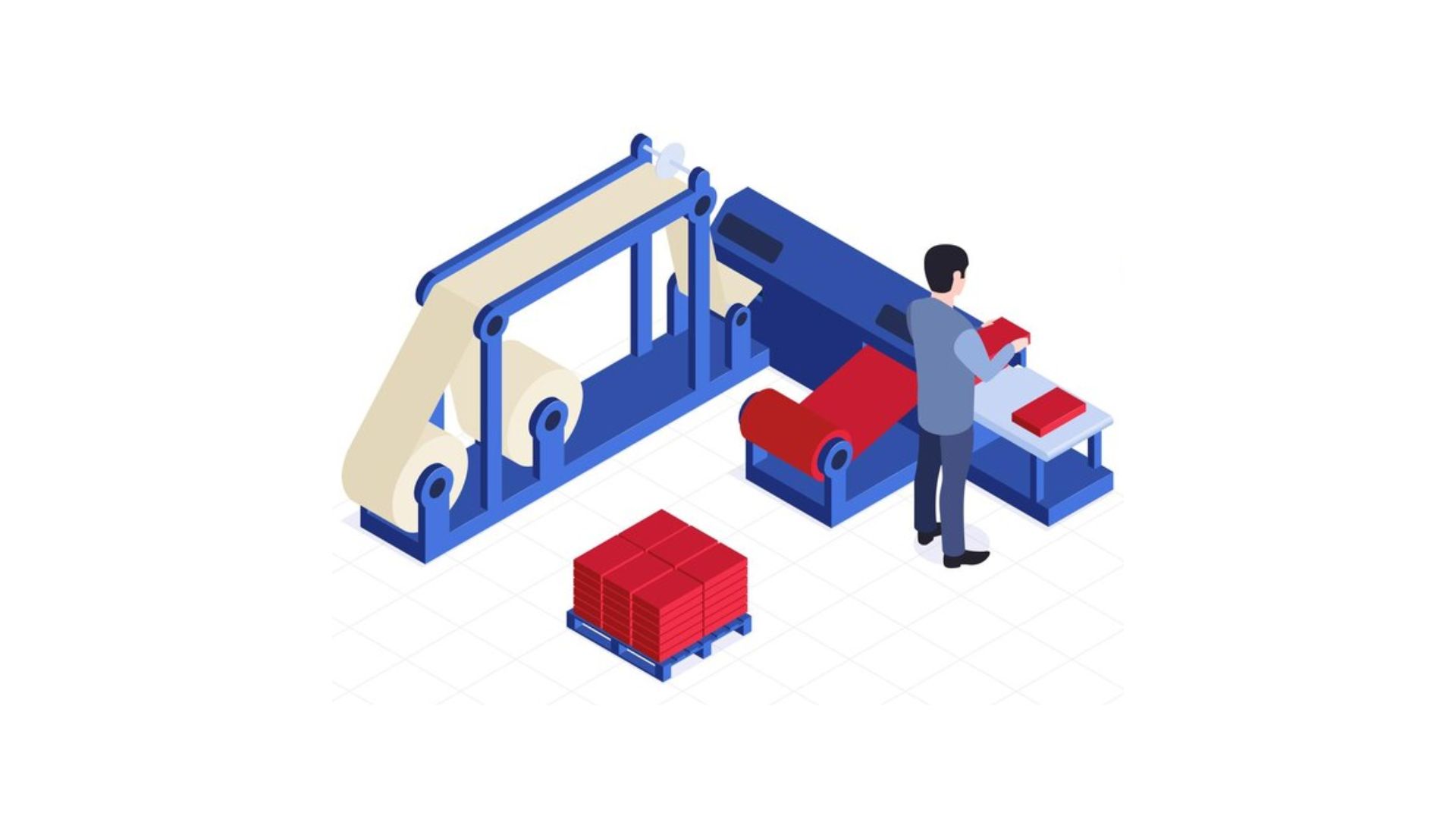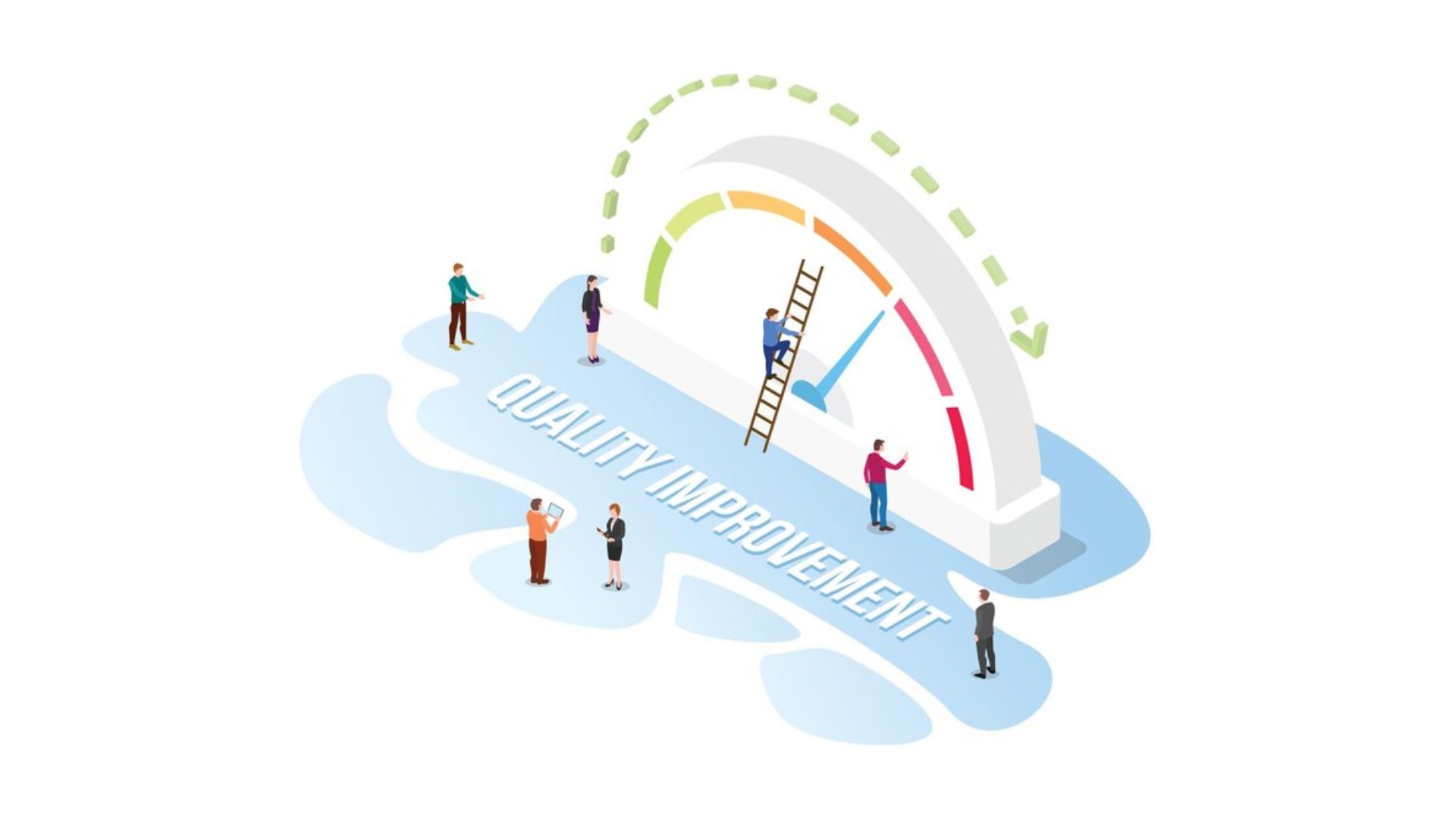
Production quality and yield are two of the top performance indicators for the manufacturing sector. No matter what the business is producing, let it be automobiles, semiconductor chips, cellphones, food, or beverages; poor quality control always results in considerable operational and financial expenses. It can be in the form of post-sale recalls, warranty claims, repairs, reworked components, decreased yield, and increased work-in-progress inventories.
According to the American Society for Quality, the cost of quality at a regular manufacturing unit might amount to as much as 15-20% of its yearly sales revenue or billions of dollars for larger businesses.
Artificial Intelligence and computer vision technology are used today to address quality control and maintenance issues at the production scale. This advanced solution assists manufacturers in performing production quality inspections more accurately and affordably. In the article given below, let’s understand how AI is improving the quality of goods and services in various manufacturing plants.
The product is often physically inspected for flaws that involve one or more steps of the manufacturing process. Visual inspection is typically a labor-intensive, highly manual process that is prone to mistakes. Although, rule-based visual inspection machines have also become more common these days.
However, each strategy has some shortcomings:

In other words, human/manual visual quality inspections frequently pose problems for manufacturers, incurring costs and lowering production effectiveness. Larger manufacturing companies experience these problems more severely because scaling human visual inspection just worsens the situation.
Similar issues also affect manufacturers who have upgraded to quality inspection tools and machinery.
Manufacturers are investing in AI-powered defect detection systems to automate manual quality management techniques and conduct more sensitive, thorough, and effective product quality inspections.
Utilizing a variety of AI and computer vision technologies, Artificial Intelligence solutions today can automate visual inspection operations, enabling manufacturers to improve quality control procedures by automatically identifying product flaws.
Manufacturers are gaining substantial advantages over general-purpose machine learning (ML) technologies by applying AI to various use cases:

The AI-based quality control solutions can be applied in various sectors:
As was mentioned, the use of AI and computer vision systems offers several advantages over human-based visual quality assessment in production environments. These advantages consist of:

Manufacturing Industry is progressing at a breakneck pace and many companies are adopting modern manufacturing techniques to be ahead of the curve. Industry 3.0 is more than halfway towards Industry 4.0, join the revolution and make your operations much smoother and smarter with the power of AI and machine learning.
Daten & Wissen has helped many manufacturers ride the dream wagon of Industry 4.0, you could be next. Our team is here to ensure that you meet your business goals and fly high in the thriving market. Contact us today and let’s set a quote for your ambitious projects, we are always happy to help.
This website uses cookies to improve your experience. We'll assume you're ok with this, but you can back-out if you wish.